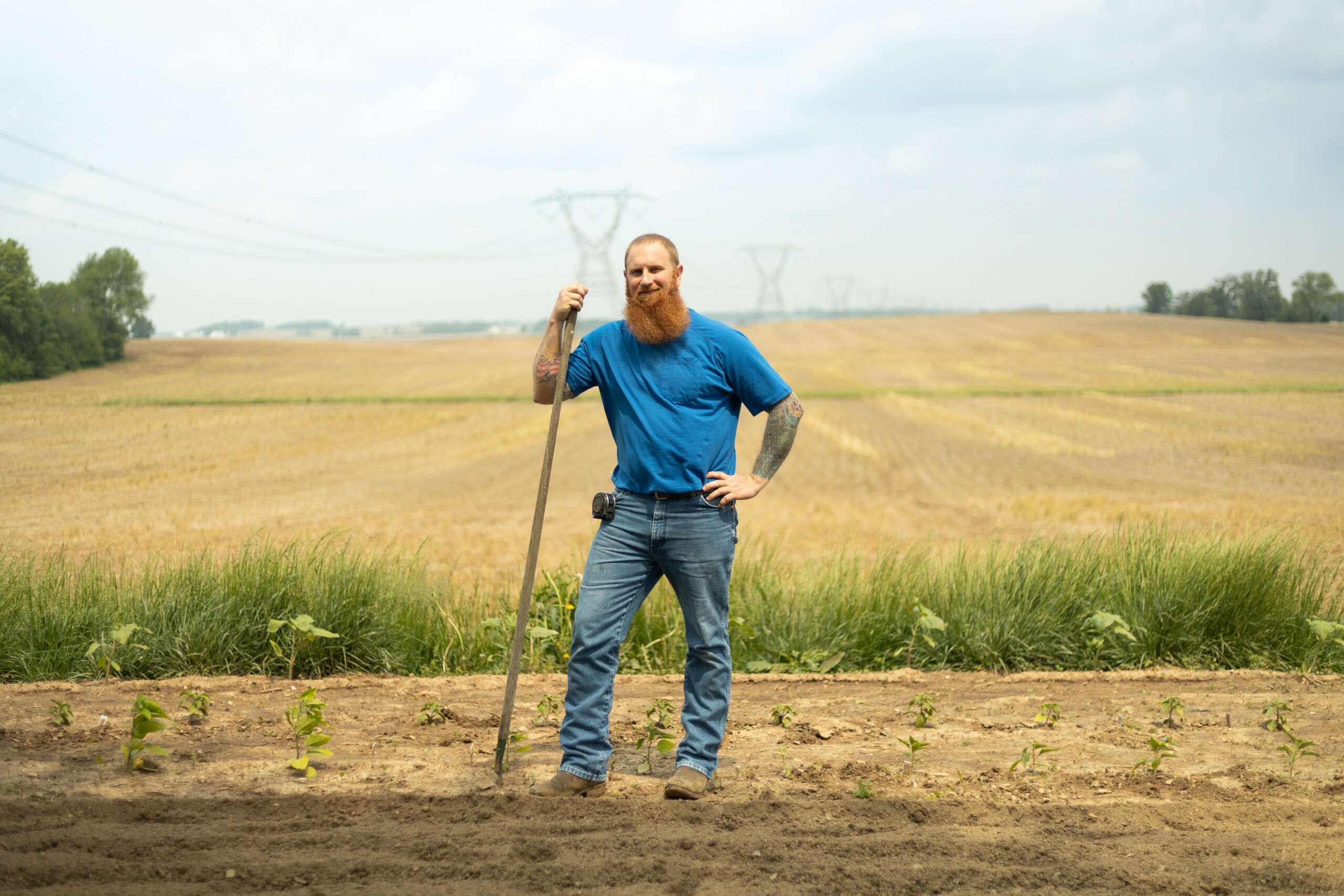We were lucky to catch up with Chris Linneweber recently and have shared our conversation below.
Chris , appreciate you joining us today. Parents can play a significant role in affecting how our lives and careers turn out – and so we think it’s important to look back and have conversations about what our parents did that affected us positive (or negatively) so that we can learn from the billions of experiences in each generation. What’s something you feel your parents did right that impacted you positively.
My parents definitely taught me how to work hard, and the value of giving my best in everything I do. My mother was a special education teacher at an elementary school. I had plenty of time to play, both before and after school, because she was always one of the first, as well as one of the last to leave every day. My father is a self-employed farmer. I watched the farm grow from tractors without cabs, and hogs on dirt lots, to an operation with self-driving equipment, and state of the art buildings. All of this was done in a partial lifetime purely by sweat, hard work, and determination.
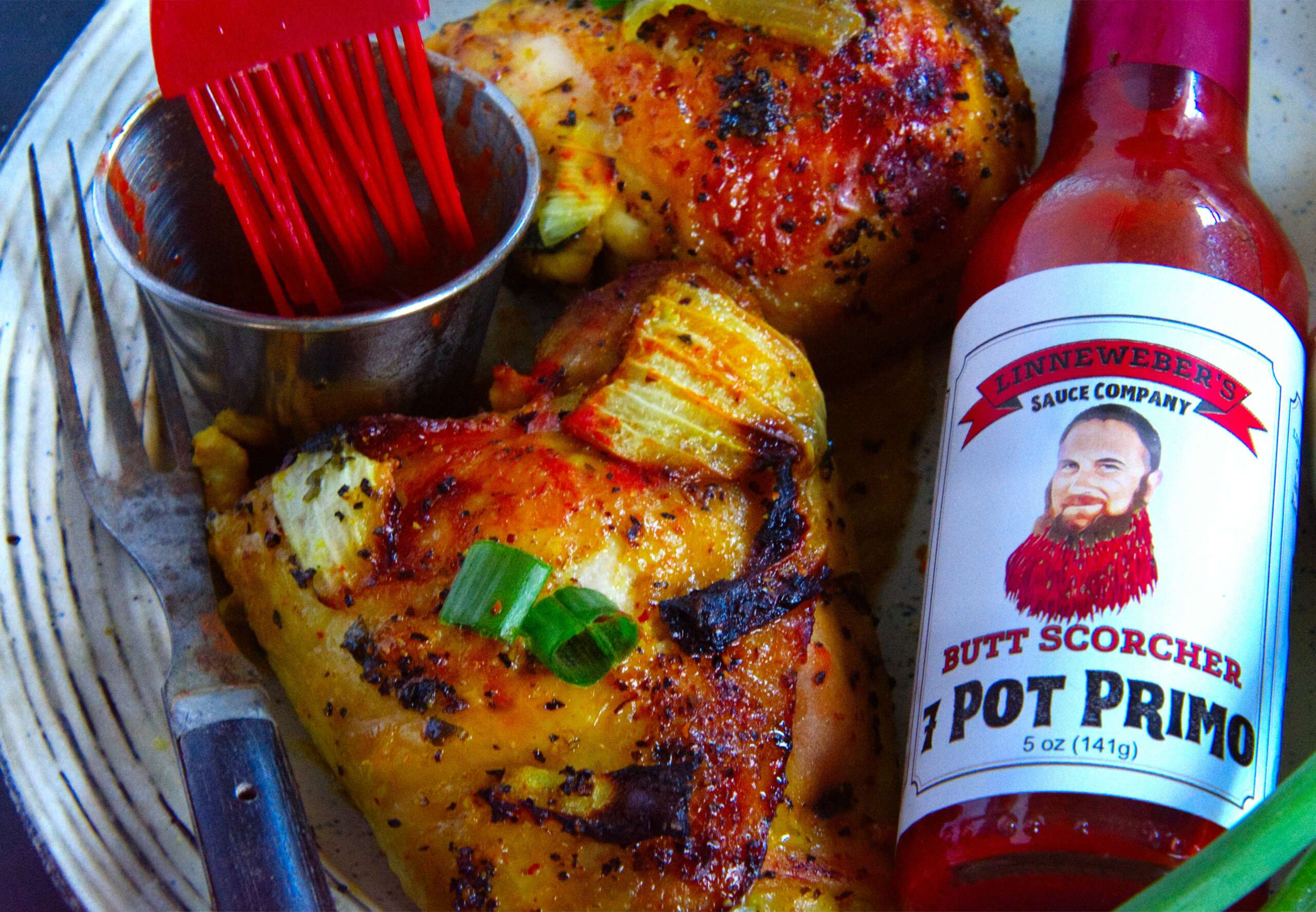
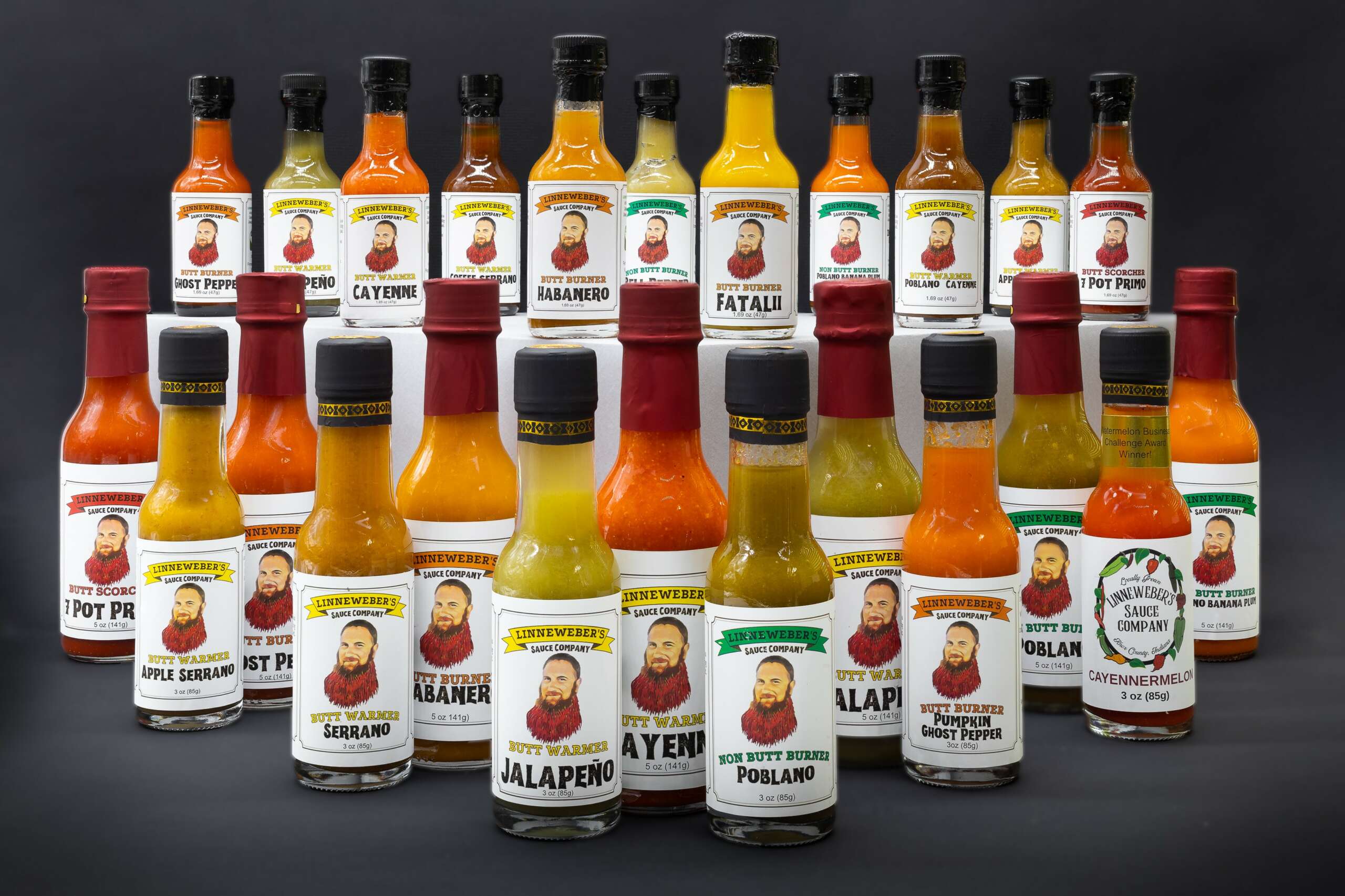
Chris , before we move on to more of these sorts of questions, can you take some time to bring our readers up to speed on you and what you do?
I was born and raised on a hog farm in Southern Indiana. I worked over 20 years in the Industrial Construction field. I traveled around the world performing high pressure welding for x ray, as well as heavy and high rigging with some of the largest cranes in the U.S. I began liking spicy foods after traveling to the south in my late teens. I was always on the road, and couldn’t properly start, or finish a garden myself. I had a couple friends that started gardening and growing chili peppers. They would eventually be overwhelmed with hot peppers and would invite me to come over and harvest as many as I could handle. I began making pastes, powders, sauces, salsas, etc. I would hand my creations out to friends and family over the years. Eventually, people began coming to me asking if they could buy the products. The state of Indiana wouldn’t allow sales of my products, because they weren’t being produced in a commercial kitchen, and I didn’t have the required certifications. Then covid hit. I was heading to Canada for work, when my company’s travel staff caught me transferring planes and told me to head home because they just closed the border. With the newfound freedom I had of not being able to travel like I was used to, I began the deep dive into getting my spicy creations legal with the department of health. This just so happened to correspond with my friend that had decided to grow 110 chili pepper plants for the summer. Boredom caused by a sudden lockdown, a lot of research and stubbornness, a little homework and some testing, a friend with a commercial kitchen, and another friend with a ridiculous amount of spicy fruit ready for the picking and a new sauce business was born! Within the first year, I won a local award using watermelons in both a hot and mild sauce. During year two I won an International Award with my Poblano Banana Plum Sauce. All chili peppers are still Indiana Grown from seed. They are naturally fermented for weeks, then aged, before becoming one-of-a-kind sauces. I try to source as many local ingredients as I can, and make sauces with Bell Peppers, that contain no heat, all the way up to the second hottest chili pepper in the world (according to the Guiness Book of World Records.) Each year I have scaled the business, as I try to keep up with demand. Besides the small, craft batch sauces, I have also created dry powders, hot honey, and even a fermented bloody Mary mix. All work is done by hand, from germinating the seeds, to labeling the bottles. My goal is to create unique, high-quality, value-added products that people will want to share with their family and friends.
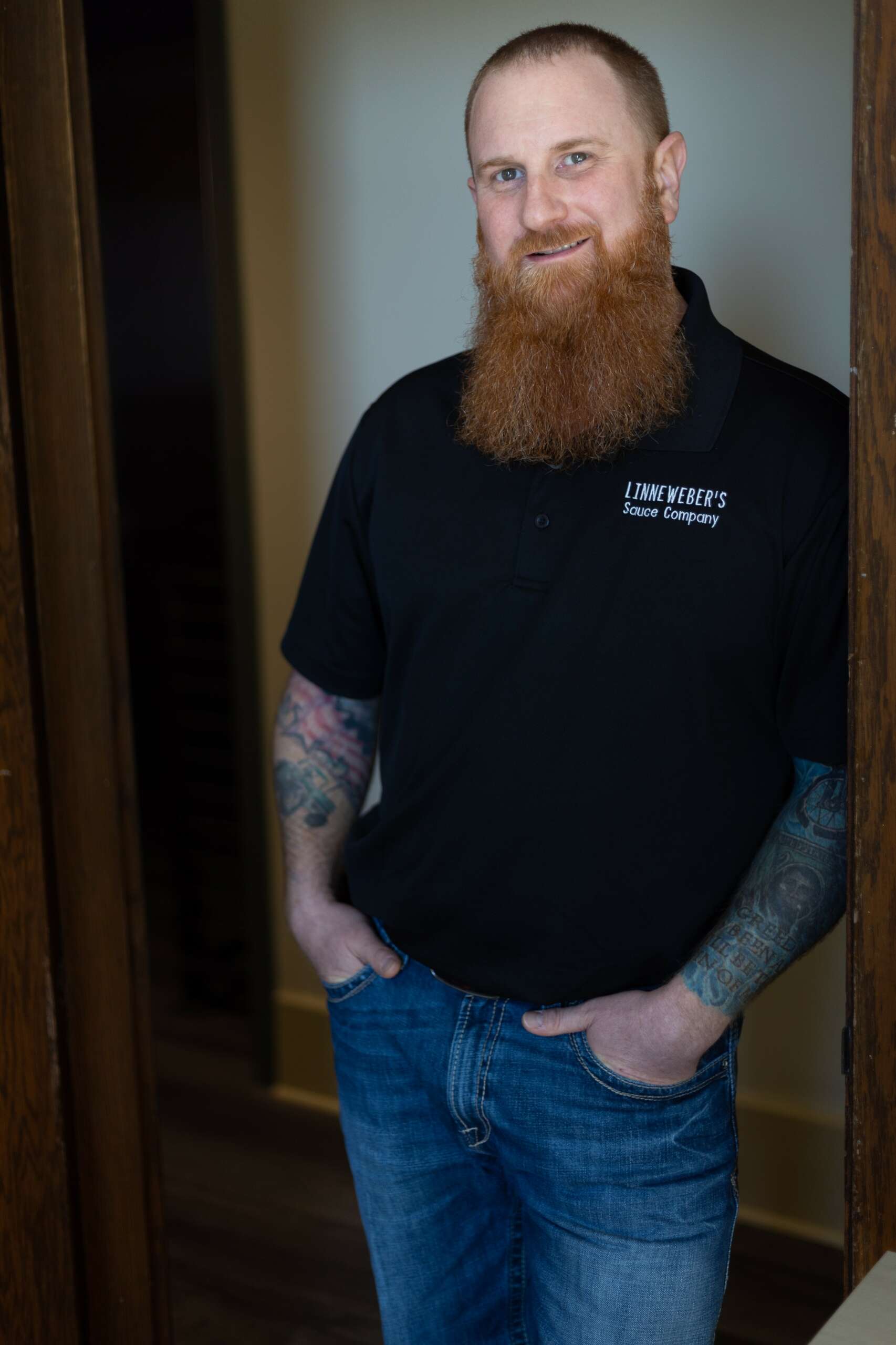
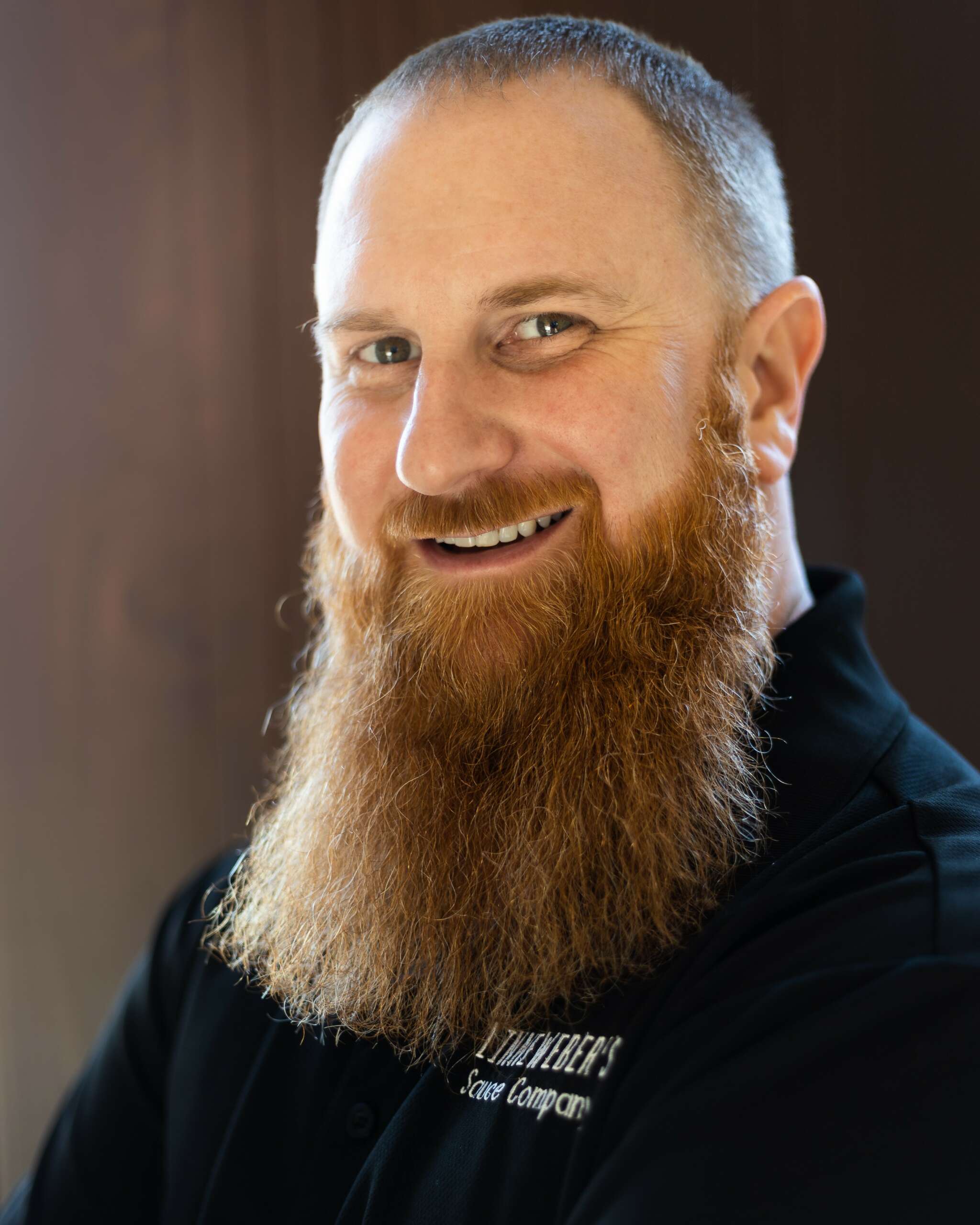
Can you tell us about a time you’ve had to pivot?
I believe business is all about pivoting. I think you have to in order to stay relevant and to be able to keep growing. My background is in Industrial Construction. I pivoted to food and retail with no prior experience in either. It was/is a major change. I was used to being on jobs where, most of the time you had to “kill” it with manhours in order to get it done. The job came with some strict deadlines that were typically achieved by working around the clock 7 days a week with as many people as you could stack on top of each other. The food industry, however, does not work like that. Departments of Health, suppliers, wholesalers, etc. do not necessarily care how determined/motivated you are. You can help seeds/plants grow, but you can’t force them. It has taught me a lot about being patient. Consumers wants/interests are always changing as well. Every company has to stay in tune with them if they want be in business.
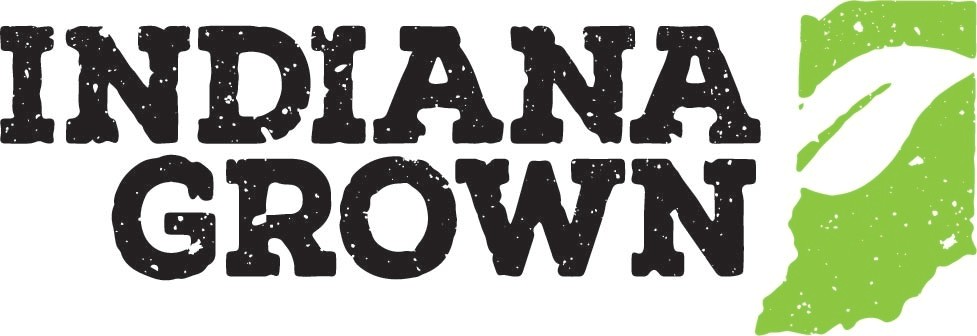
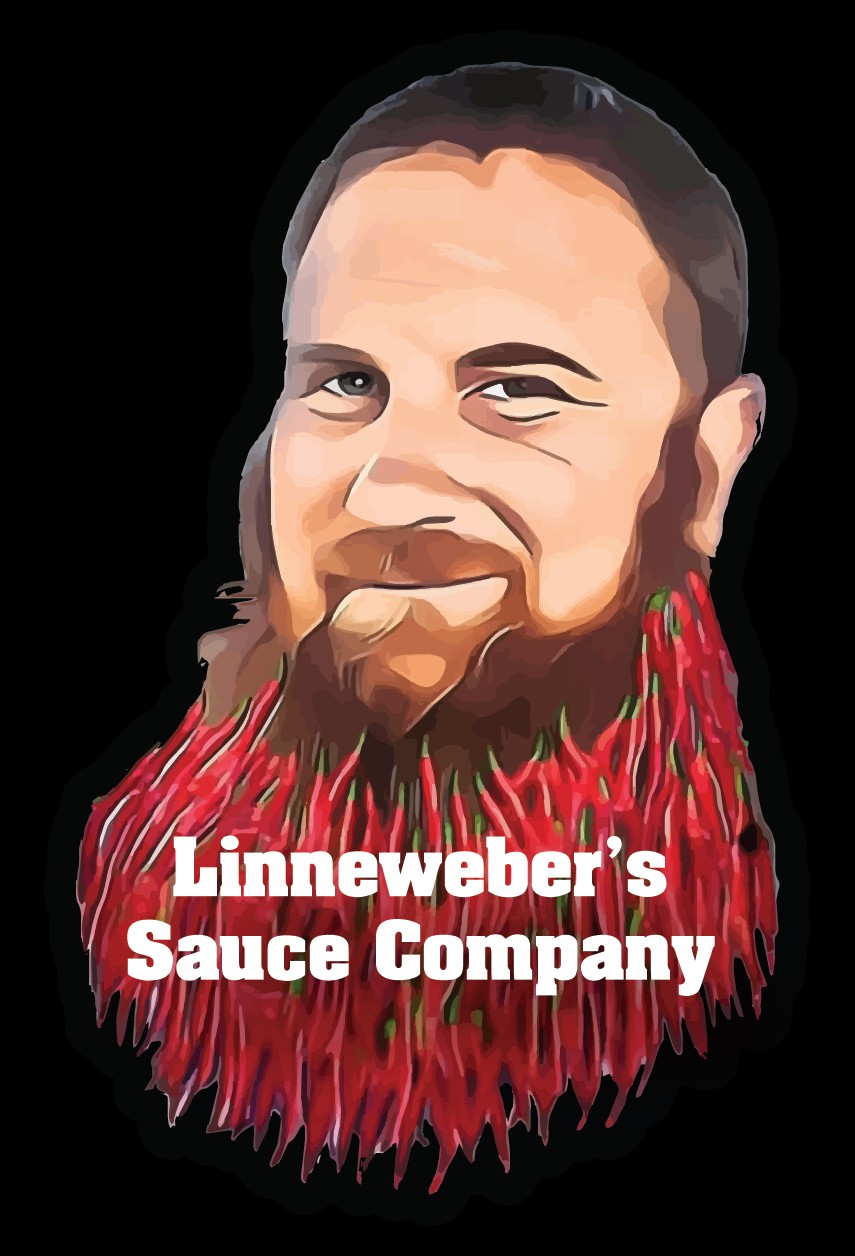
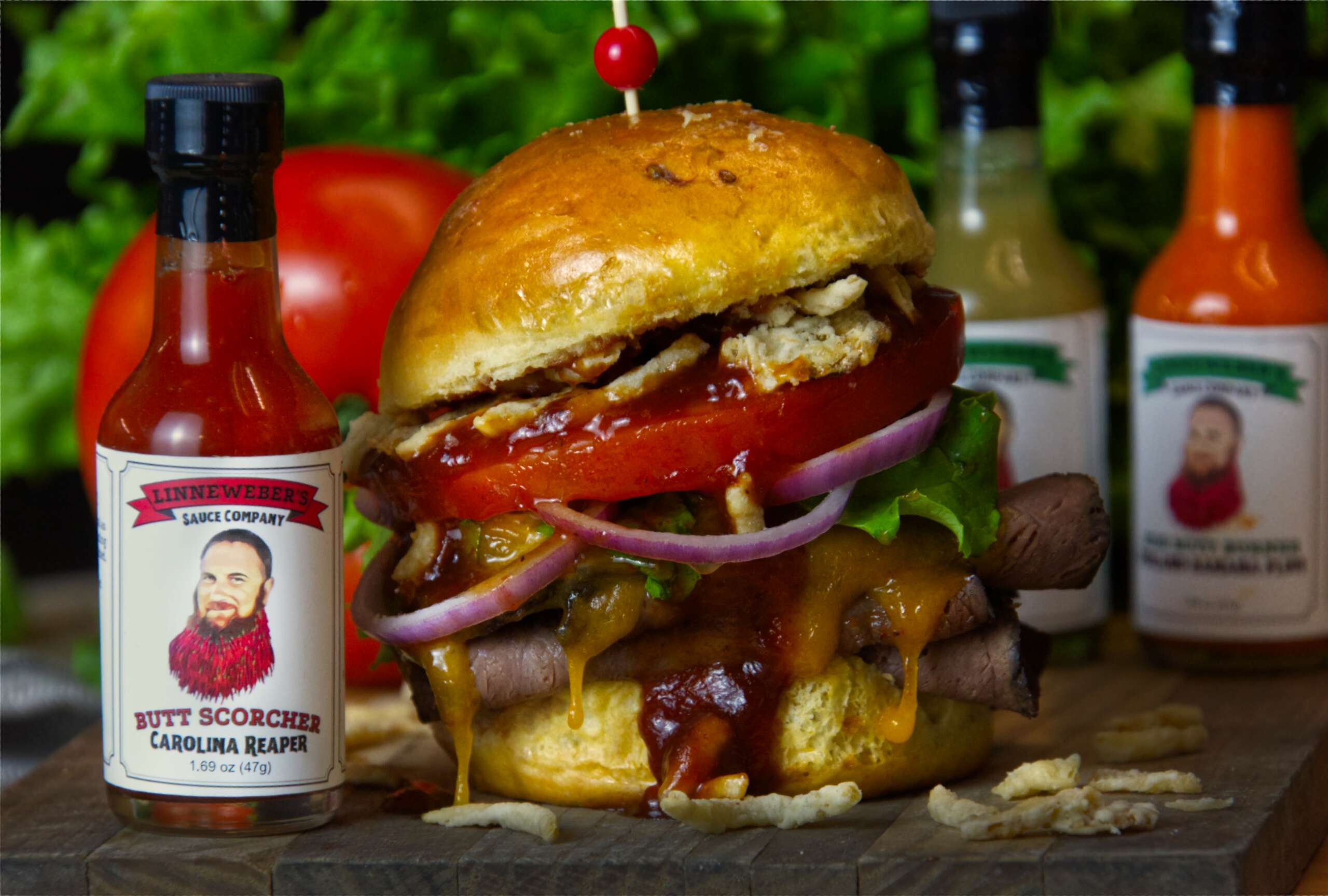
How did you build your audience on social media?
Social media is a necessary means that a small business has to use, in order to spread their message in a cost-effective manner. I had no personal social media presence before I started my business. Just like the food/retail industry, I had to learn everything from scratch. I began building profiles on platforms that I knew people were using locally. I just started posting content that I thought would be educational for someone that knew nothing about me, or my brand. Once my following grew, I began to have data that I could go back and look at for each post. I was able to see what posts did well/not so well on each platform. I learned that videos performed better on one platform, while still photos did better on another. I adjusted my content to match the performance of the posts on each platform. I became a member of a local camera club. This helped me learn about/upgrade my equipment, take better photos/videos in general, and meet local professionals in the industry. I mainly try to keep my content educational but have to be entertaining as well. I try to keep it fun, because I know that as soon as I become bored with my own content, that the consumer will see into that, and also become bored. Overall, social media is probably something that you can’t know everything about. It is always changing, with new platforms popping up that pull consumers interest away from older platforms. In the end, as a business owner, you should know your products and brands message better than anyone else. As long as your company is producing a quality product, and you keep your content relevant, educational, and entertaining, your number of followers should continue to grow.
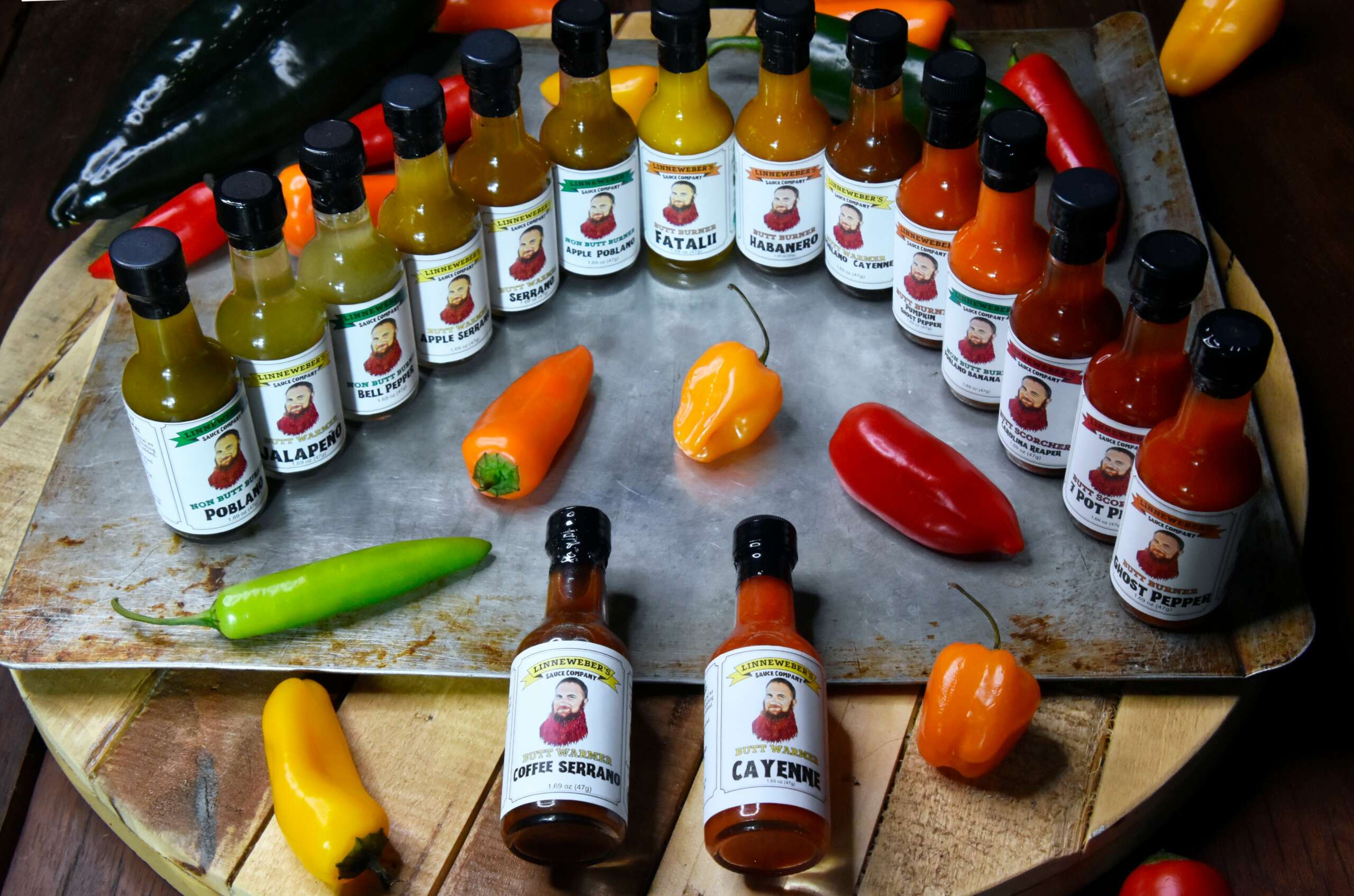
Contact Info:
- Website: linneweberssaucecompany.com
- Instagram: linneweberssaucecompany
- Facebook: Linneweber’s Sauce Company
- TikTok: @linneweberssaucecompany
Image Credits
OptiViz.Media Matt Ramsey Fine Photographs Photo Storm Photography


